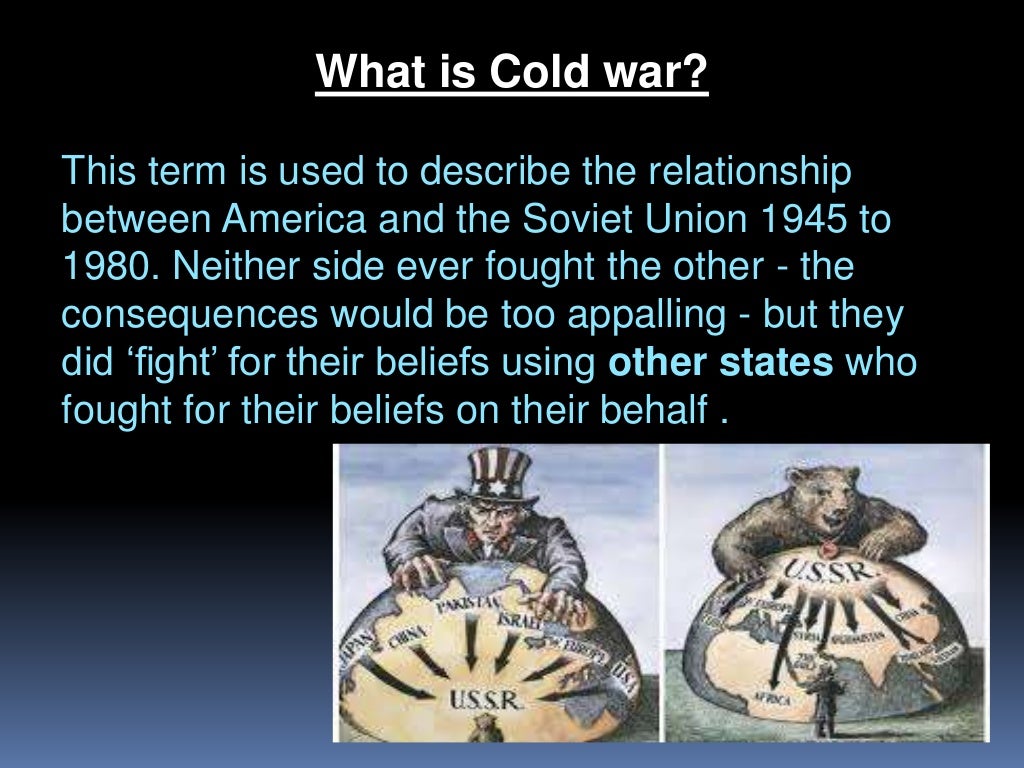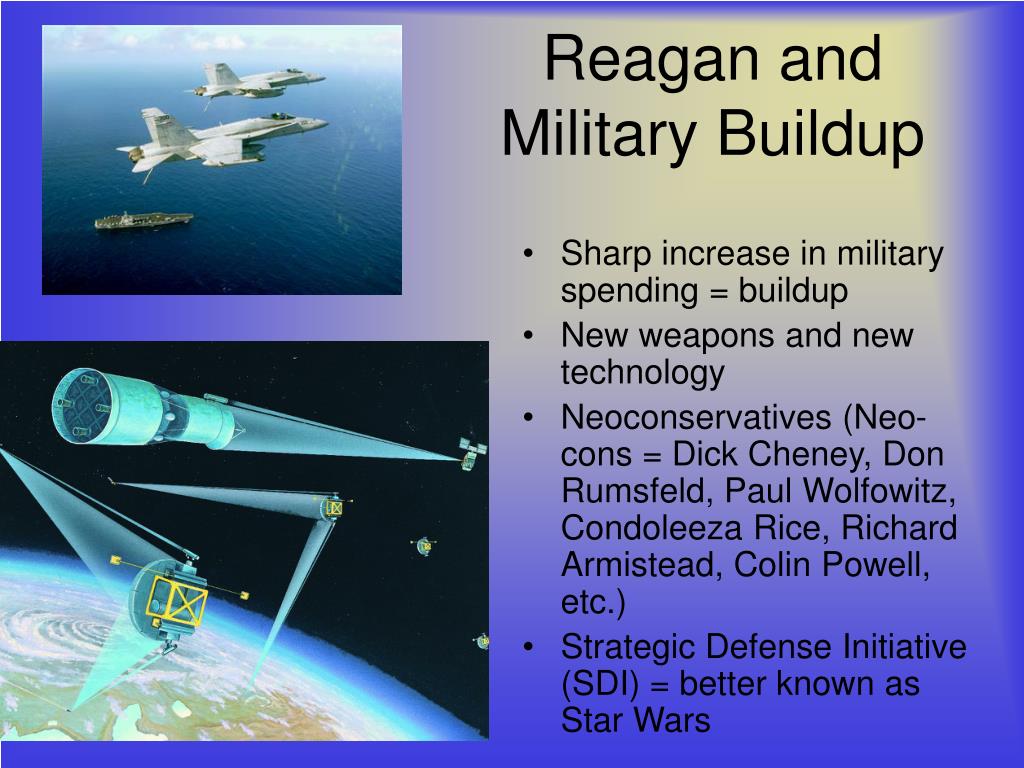


Given the forces and interests at play, we may - and let us hope this is not the case - be in the first stage of a future third world war or, given the blocs that are emerging, perhaps the outcome will be a new cold war.ĭepending on one's way of being and approach to life, there are a wide range of options as to the desirable model of society and the paradigm to be followed in international relations, options that can be framed between idealism and realism. Statements about the future of the conflict and its medium-term effects are diverse in content and the forecasts are mostly, and despite the arguments that underpin them, more conjecture than reality, especially considering that the magnitude of the conflict and its active and dynamic nature make its consequence entirely unpredictable. The Russian invasion of Ukraine shows that not only is conventional warfare still a fact of life - despite all the advocates of the end of "classic" conflicts and "kinetic" weapons systems (tanks, guns, planes, etc.) - but that at least the powerful players in world affairs did not renounce their own interests despite the globalist and globalised world, and they are still prepared to use all the means at their disposal, including military means, when necessary. A conflict of a magnitude and intensity not seen in Europe since the Second World War, not only in terms of the number of casualties and the destruction caused 1 but also the number of nations directly and indirectly involved in it, has been raging in the east of the continent for more than a year now.


 0 kommentar(er)
0 kommentar(er)
